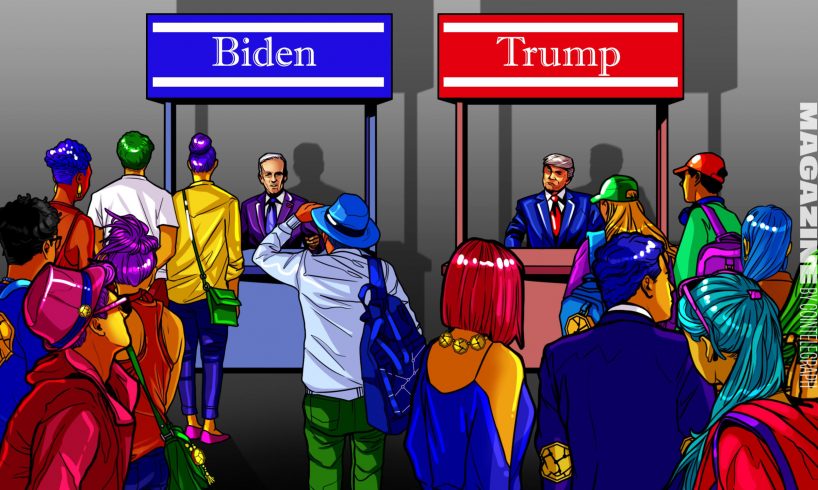
In May, the United States Congress voted in favor of two pieces of pro-crypto legislation for the first time, after years of political deadlock. Observers were struck by the support from leading Democrats — who acted in opposition to direction from the White House.
Combined with last week’s approval of Ether ETFs, and pressure from the suddenly pro-crypto Donald Trump, pundits are now wondering if crypto voters not only have enough power to affect November’s presidential election — but if they already have.
The Democrats’ sudden position shift — with the White House now saying it’s willing to negotiate on legislation — suggests they could be trying to stem any loss of votes on the issue.
The issue came to the fore in the Senate on May 16, when a bipartisan coalition of 60 senators, including Democratic Majority Leader Chuck Schumer, voted to overturn a Securities and Exchange Commission rule known as SAB-121, which made it prohibitive for banks to hold cryptocurrencies on behalf of their customers.
The move came as a big surprise for observers, who did not expect so many Democrats to defy President Joe Biden’s threat to veto the legislation.
Bipartisan shift: How crypto voters are redefining 2024 election strategies
Senator Cynthia Lummis, a Wyoming Republican and long-time champion for crypto industry, said on the Unchained podcast last week she believes the vote came as an unwelcome shock to Biden’s White House staff, and that the political seachange may provoke the White House to “reconsider” the president’s veto threat.
“I don’t think they anticipated how strong the bipartisan vote would be on this,” Lummis said, adding she believes there’s now a bipartisan majority in both houses to finally pass crypto legislation.
Lawmakers in the House seized the moment a week later, when Republicans spearheaded the passage of the Financial Innovation and Technology for the 21st…
..






